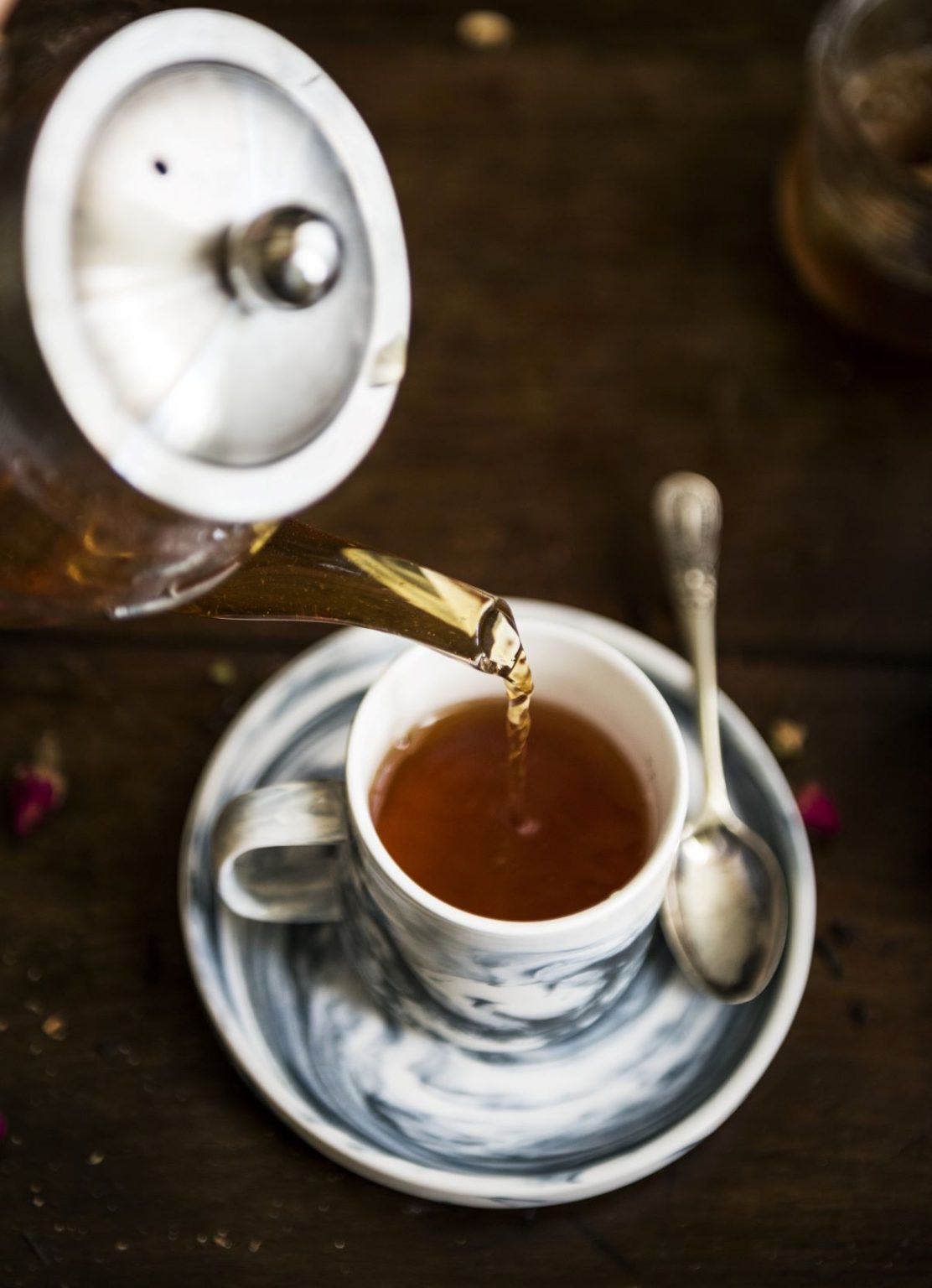Reality tea has become the go-to source for fans who can’t get enough of the drama, gossip, and behind-the-scenes scoops from their favorite reality TV shows and pop culture moments. Whether it's the latest feud on "The Real Housewives," unexpected plot twists on "Love Island," or celebrity controversies that spark online debates, reality tea serves as a cultural phenomenon that keeps us entertained and informed. But what exactly is reality tea, and why has it become such an integral part of our daily conversations? This article delves into the essence of reality tea, its influence on media, and the key players who shape this ever-growing genre.
In a world dominated by social media and streaming platforms, reality tea has carved a unique niche that bridges the gap between entertainment and real life. From candid interviews to exclusive leaks, it provides a backstage pass to the lives of reality TV stars and celebrities. More than just idle gossip, reality tea taps into our curiosity about human behavior, relationships, and the raw, unfiltered moments that scripted shows often lack. As audiences crave authenticity, the demand for reality tea continues to soar, making it a cultural staple in the digital age.
But let’s face it—reality tea is more than just a guilty pleasure. It’s a reflection of modern society, showcasing issues like diversity, inclusion, and personal growth, albeit through a dramatic lens. With its blend of relatability and escapism, reality tea offers something for everyone, whether you're a casual viewer or a die-hard fan. This article will explore the origins, evolution, and impact of reality tea, along with its power to shape public opinion and create cultural icons. So, grab your favorite cup of tea and let’s spill the secrets behind the phenomenon that has taken the world by storm.
Table of Contents
- Biography and Origins of Reality Tea
- The Rise of Reality TV and Its Influence
- Cultural Impact of Reality Tea
- Key Players and Icons in Reality Tea
- Social Media: The Amplifier of Reality Tea
- Controversies and Ethical Considerations
- The Psychology Behind the Obsession
- Reality Tea in Modern Media
- How Reality Tea Shapes Pop Culture
- Audience Engagement and Fandoms
- The Economic Impact of Reality Tea
- Future Trends and Predictions
- Frequently Asked Questions
- Conclusion
Biography and Origins of Reality Tea
Reality tea, as a term, finds its roots in the slang use of "tea," which has long meant "gossip" or "truth" in urban vernacular. Over time, this phrase began to encapsulate the juicy, unfiltered tidbits from the world of reality TV and celebrity culture. While its exact origins are difficult to pinpoint, the term gained mainstream popularity in the early 2010s, thanks to social media platforms and online forums dedicated to dissecting every moment of reality television.
| Term | Reality Tea |
|---|---|
| Genre | Pop Culture, Entertainment |
| First Usage | Early 2010s |
| Purpose | To provide gossip, insights, and commentary about reality TV and celebrity culture |
| Mediums | Blogs, social media, video platforms, podcasts |
The phenomenon of reality tea coincided with the rise of reality TV as a dominant entertainment genre. Shows like "Big Brother," "Survivor," and "Keeping Up with the Kardashians" brought unscripted drama to the forefront, captivating audiences with their relatable yet sensational content. As fans sought more information about their favorite shows and stars, reality tea emerged as a thriving subculture, making it a staple of pop culture and entertainment media.
Subheading Placeholder for Next Sections...
Content continues here...
Article Recommendations
- Ladyyas A Journey Of Inspiration And Innovation
- The Life And Legacy Of Rick Dees Radio Icon And Comedy Trailblazer
- Exploring The Dynamic Duo Janel Moloney And Bradley Whitford
